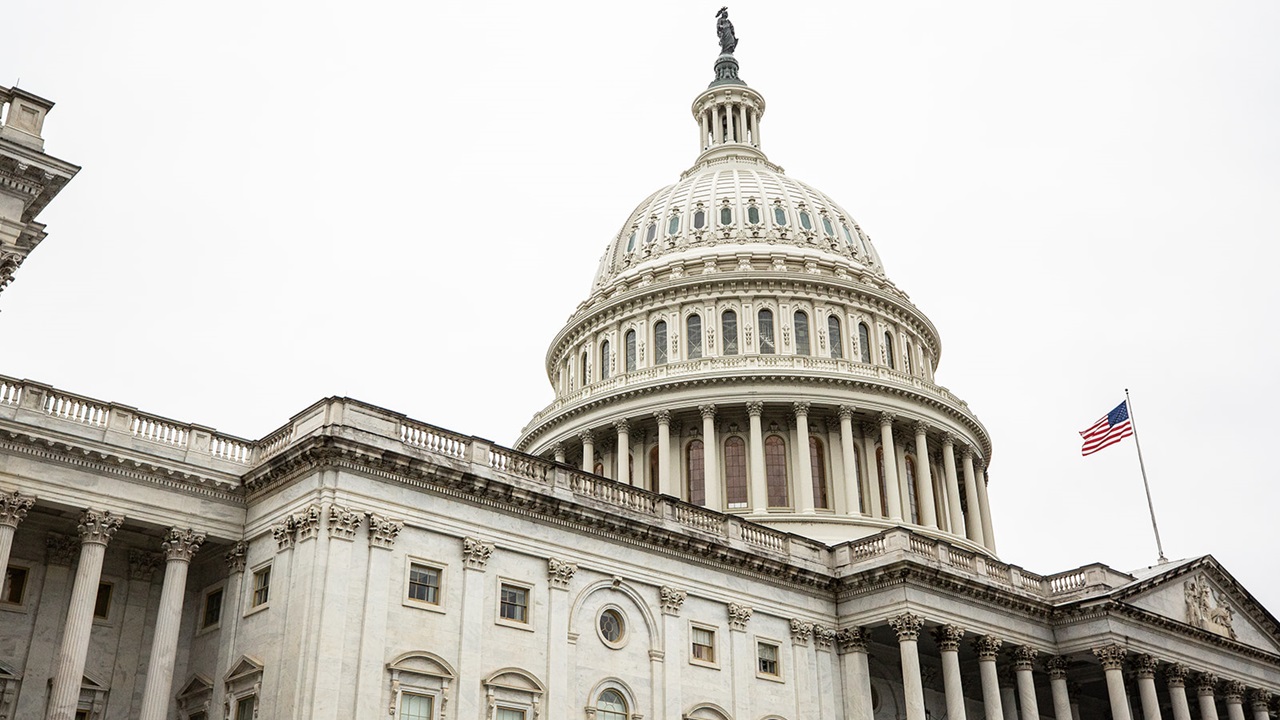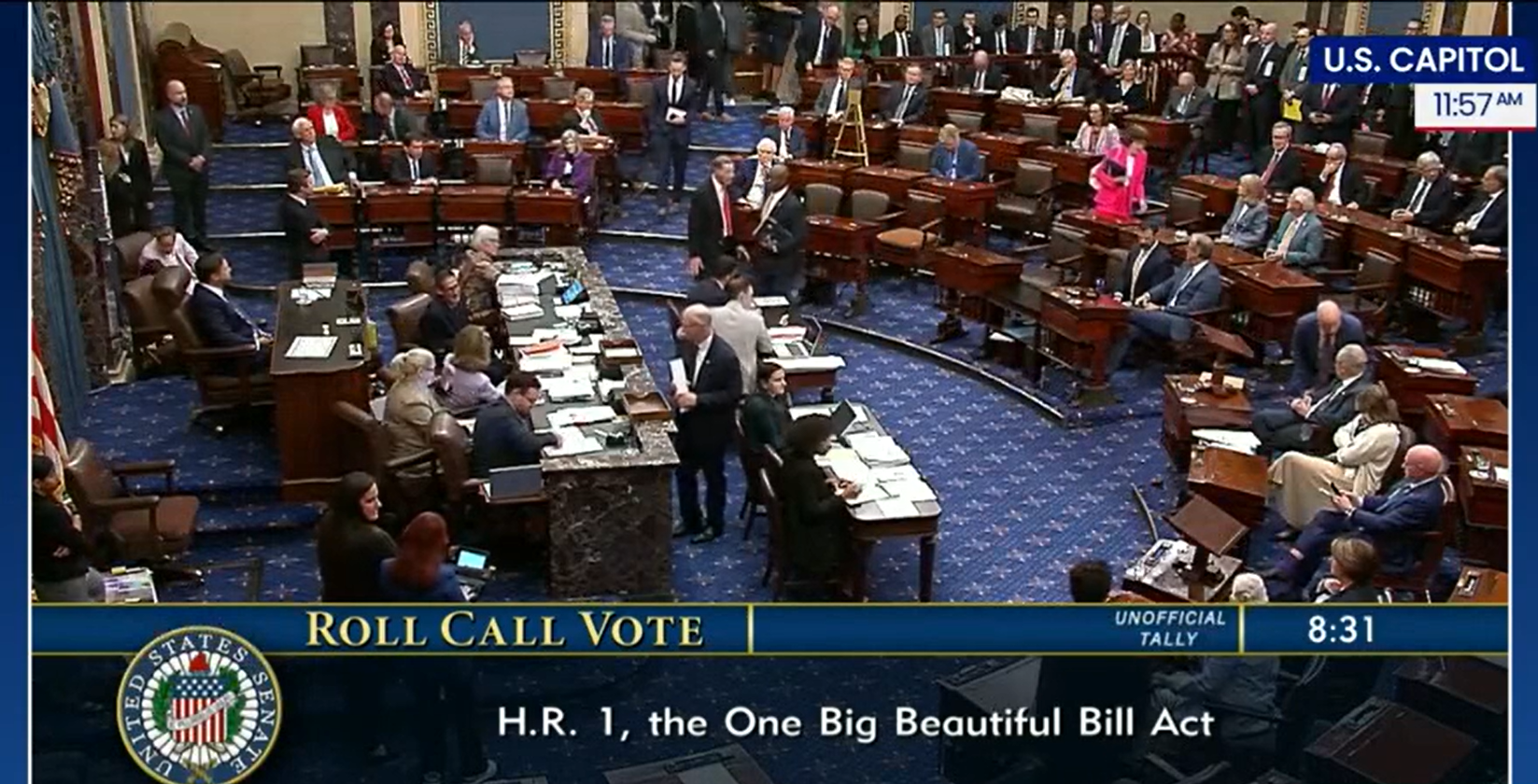Capitol Correspondence - 12.12.23
Bipartisan Policy Center Calls for Federal Action on Direct Care Workforce Shortage
Share this page
Stay Informed on the Latest Research & Analysis from ANCOR
More News
Press Release - 07.03.25
Statement on Final Passage of the Republican Reconciliation Package

Capitol Correspondence - 07.01.25
U.S. Supreme Court Issues Decision to Limit Nationwide Injunctions



